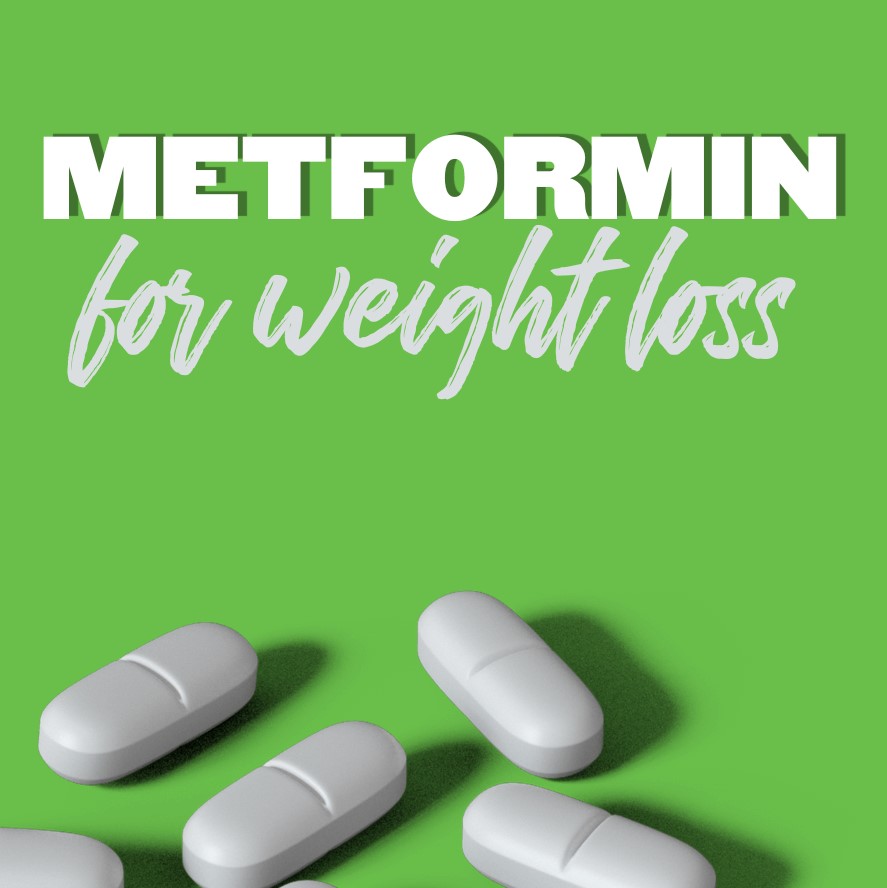Fructose intolerance, also known as fructose malabsorption, is a condition characterized by the inability to properly digest fructose, a type of sugar found in many fruits, vegetables, and sweeteners. In this comprehensive blog post, we’ll explore what fructose intolerance is, its symptoms, causes, diagnosis, and management strategies. Additionally, we’ll provide external links for further exploration and address frequently asked questions related to this condition.
What is Fructose Intolerance?
Fructose intolerance is a digestive disorder that occurs when the body cannot adequately absorb fructose from the diet. Fructose is a natural sugar found in fruits, honey, and certain vegetables, as well as in sweeteners such as high-fructose corn syrup (HFCS). In individuals with fructose intolerance, the small intestine lacks the necessary enzymes to break down fructose, leading to gastrointestinal symptoms when fructose-containing foods are consumed.
What are the health benefits of chikoo and its role in weight loss
Symptoms of Fructose Intolerance
The symptoms of fructose intolerance can vary widely from person to person and may range from mild to severe. Common symptoms include:
- Abdominal pain: Pain or discomfort in the abdomen, often cramp-like in nature.
- Bloating: Feeling of fullness or distension in the abdomen due to gas buildup.
- Diarrhea: Loose or watery stools that may occur shortly after consuming fructose-containing foods.
- Flatulence: Excessive gas production in the intestines, leading to increased passing of gas.
- Nausea and vomiting: Some individuals may experience nausea or vomiting after consuming fructose.
- Fatigue: Feeling tired or lethargic, which may be associated with malabsorption of nutrients.
Causes of Fructose Intolerance
Fructose intolerance is caused by a deficiency or dysfunction of the enzymes responsible for breaking down fructose in the small intestine. The primary enzyme involved is called aldolase B, which converts fructose into other sugars that can be absorbed by the body. When this enzyme is deficient or not functioning properly, fructose remains undigested in the intestines, leading to symptoms of intolerance.
Diagnosis of Fructose Intolerance
Diagnosing fructose intolerance typically involves a combination of medical history, physical examination, and diagnostic tests. A healthcare provider may ask about symptoms, dietary habits, and family history of digestive disorders. Diagnostic tests may include:
- Hydrogen breath test: This test measures the amount of hydrogen gas produced in the breath after consuming a fructose solution. Elevated levels of hydrogen indicate malabsorption of fructose.
- Elimination diet: A healthcare provider may recommend eliminating fructose-containing foods from the diet for a period of time to see if symptoms improve.
- Stool acidity test: This test measures the acidity of stool samples, which may be elevated in individuals with fructose malabsorption.
Management Strategies for Fructose Intolerance
Management of fructose intolerance typically involves dietary modifications to reduce fructose intake and alleviate symptoms. Some strategies include:
- Avoiding high-fructose foods: Limiting or avoiding foods and beverages high in fructose, such as fruits, honey, agave nectar, and sweetened beverages containing HFCS.
- Reading food labels: Checking food labels for ingredients that contain fructose, HFCS, or other sweeteners.
- Gradual reintroduction: Some individuals may be able to tolerate small amounts of fructose over time, so reintroducing fructose-containing foods gradually may help identify tolerance levels.
- Working with a dietitian: Consulting with a registered dietitian who specializes in digestive disorders can help develop a personalized dietary plan tailored to individual needs.
External Links and FAQs
External Links:
- Mayo Clinic – Fructose Intolerance
- International Foundation for Gastrointestinal Disorders – Fructose Malabsorption
Frequently Asked Questions (FAQs):
Q: Can fructose intolerance be cured?
A: Fructose intolerance cannot be cured, but symptoms can often be managed through dietary modifications and lifestyle changes.
Q: Are there any medications available to treat fructose intolerance?
A: There are currently no medications specifically approved for treating fructose intolerance. However, some individuals may find relief from symptoms with over-the-counter medications such as antidiarrheals or antacids.
Q: Can fructose intolerance be mistaken for other digestive disorders?
A: Yes, the symptoms of fructose intolerance can overlap with those of other digestive disorders such as irritable bowel syndrome (IBS) or lactose intolerance. A healthcare provider can perform diagnostic tests to differentiate between these conditions.
Q: Is fructose intolerance common?
A: Fructose intolerance is relatively common, although the prevalence varies depending on geographical location and population demographics. It is more commonly reported in individuals with a family history of digestive disorders.
Conclusion
Fructose intolerance is a digestive disorder characterized by the inability to properly digest fructose, leading to gastrointestinal symptoms such as abdominal pain, bloating, and diarrhea. While there is no cure for fructose intolerance, symptoms can often be managed effectively through dietary modifications and lifestyle changes. If you suspect you may have fructose intolerance, consult with a healthcare provider for proper diagnosis and management.











